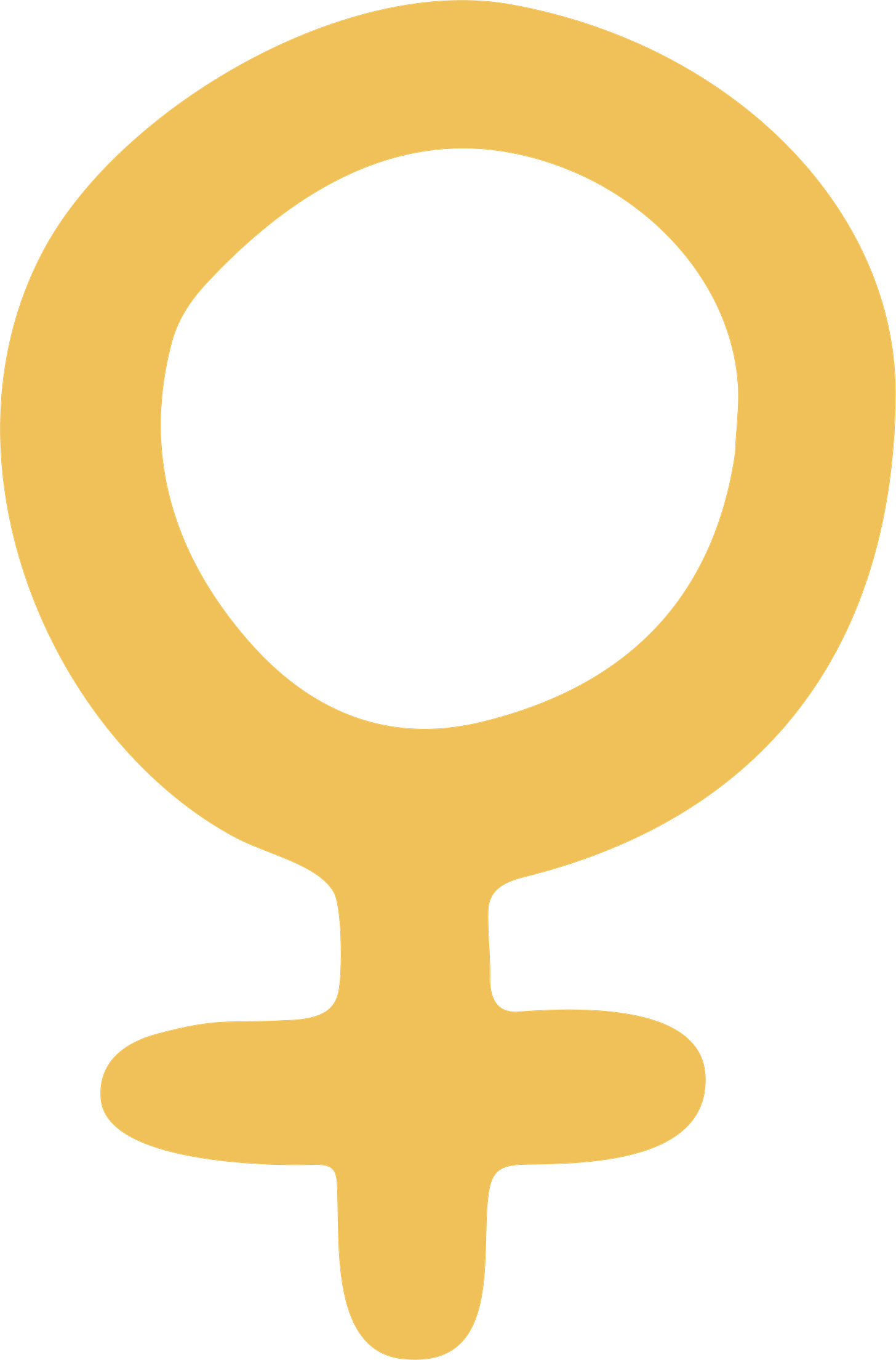Orange is The New Black
And why sunset glasses should become a fertility accessory
In This Issue
How sunset light and glasses act as hormone helpers for sleep and fertility
How evening light habits shape melatonin and cortisol rhythms
Why cortisol at the wrong time disrupts ovulation, implantation, and sperm quality
What mistimed cortisol and melatonin mean for egg protection and embryo development
The household battle over downlights vs. table lamps (and why biology is on the side of lamps)
The Zombie Incident & Sunset Glasses
The other night my husband and I were lying on the sofas watching The Last of Us.
I don’t like horror, or gore, or the adrenaline spikes that come with them. But in the interest of staying culturally relevant I committed to watching it, armed with a strategy: close my eyes and block my ears during the horror scenes, and think about lemon trees in Tuscany. Or baked ricotta. Or literally anything else.
Husband: What’s the point then? Fair question.
When the first zombie was slain, I remarked, “Oh! So zombies have black blood.”
My husband looked at me, then burst out laughing: “No… it’s the usual red. It’s those ridiculous orange glasses you wear.”
I was practicing what I preach in my clinic: millennia of evolutionary biology have programmed us to use the frequencies of the sun’s evening rays, its oranges and reds, to turn up melatonin and ease us into a night of restful, restorative sleep.
A recent article, What Alpacas Know About Sunset, Circadian Rhythm & New Life, dives into the melatonin–fertility connection. Its importance is why I don’t stop at evening glasses with orange lenses.
Living as nature designed us to live is not without its challenges. Habits get hardwired, and they cleverly sabotage what the prefrontal cortex has deemed to be a sound scientific rationale for riding light waves.
Sunset Lighting
Before our evening lighting habits became hardwired, I would turn on as few lights as possible at sunset. My husband would turn them on. “I’m bumping into things!” I’d dial down the dimmers. If our daughters were coming for dinner, they’d dial them all back up. “We can’t see our food.” So out came the candles and now we have romantic family dinners. If we ate before sunset, as our circadian rhythms would prefer, we could avoid this entirely. The daylight-dining habit is still being entrained in our brains.
Downlights are the bane of circadian rhythm.
Ban the downlights.
We didn’t evolve to have a dozen blue-light-emitting midday suns blaring down on us as our biology is attempting to wind us down and get us ready for bed—or baby-making, for that matter.
Bring back table lamps, set low, equatorially mimicking the sun as it sinks toward the horizon. Fit them with orange or red-hued bulbs. Okay, red might give off slight brothel vibes, but it still sends the right message: the day is over.
Let your body know the sun has set.
May melatonin rise and babies be made.
The Cortisol Catch
Wearing ‘sunset’ glasses at night and changing your lighting is a great first step and relatively easy compared to altering other evening habits. I mean, there was me watching a cortisol-spiking horror series through orange-tinted lenses—assaulting my nervous system while trying to protect the melatonin. And recently I went down a research rabbit hole until my normal bedtime, couldn’t fall asleep till the early hours, and felt rubbish the next day.
Zombie shows / Laptop / Doom Scrolling ⇒ blue-light-drenched eyes + sympathetic arousal ⇒ adrenaline ⇒ cortisol ↑
A signal scramble ensues, leaving melatonin and cortisol wrestling for dominance. If, after dinner, we settled in with a book by evening light, melatonin would take the lead. But cortisol in modern life is a fierce contender, fuelled by urgent evening emails and binge-worthy shows.
Cortisol vs. Fertility Hormones
The ovaries and endometrium are exquisitely time-sensitive, taking cortisol’s dawn and melatonin’s dusk as cues. When cortisol is mistimed, it scrambles the choreography of estrogen, progesterone, and ovulation — and studies show this pattern is linked to irregular cycles, reduced fertility, lower IVF success and higher miscarriage rates.
Men are not immune either: disturbed cortisol rhythms have been linked to reduced testosterone and altered sperm parameters.
In both sexes, the message is the same: reproductive biology is wired to a circadian metronome, and cortisol at the wrong times throws it off beat.
The Night-Time Shield for Follicular Development
Melatonin protects developing eggs by acting as an antioxidant and supports follicular growth. Eggs like it so much there’s more melatonin in the follicle than almost anywhere else in the body.
When cortisol barges into the evening, melatonin’s climb is blunted, and reproductive tissues lose their nightly shield. Eggs are left exposed to oxidative stress (the cellular wear and tear caused when free radicals overwhelm antioxidant defences).
What looks like just another late-night email or streaming binge is, at the cellular level, a hormonal signal that the world is unsafe for conception.
Thou shalt not self-guilt
I heed my advice most of the time, and don’t guilt myself when I don’t—the same applies to you, because we no longer live in caves where hunting and gathering only happened during the day. Besides, you don’t want guilt-induced cortisol spikes.
But if you gradually and persistently start to make even small modifications, you’ll be surprised how much more intensely a late-night binge hits you—or how wound up you used to be.
Lights down, parasympathetic up: that is biology’s normal, even if not yet common practice.
Stick This On Your Amber-Hued Table Lamp
Change your lighting one bulb at a time
Start with lighting where you use it most in the evening
Keep light low rather than overhead — mimic sunset, not midday
Use amber or red tones to signal “day is over”
Skip (when you can) zombie shows, doom scrolling, and late-night emails
Try out some parasympathetic routines: books, convivial conversation, calming music, craft, puzzles, even games nights
Protect your fertility hormones from cortisol’s wrong-time surge
Eggs like to go to bed under their nightly melatonin shield
Listen to Sunglasses at Night on Spotify on high rotation
until your brain gets wired into evening-to-night light mode
Warmly, Sonja
If this sparked something for you, tap 🧡 and hit Restack to pass it on.
Thanks for helping thoughtful fertility conversations travel further. 🤍
Curious to know more? Head to the About & Welcome pages for why I started Baby Ready Health and a bit about me.
Issues are free for now. If you’re someone who likes to build things early, you can become a founding member. Or simply subscribe and follow along.
This post is for educational purposes only and is not medical advice. Always consult a qualified practitioner before making decisions about your health.
References
De Almeida Chuffa, L., Lupi, L., Cucielo, M., Silveira, H., Reiter, R., & Seiva, F. (2019). Melatonin Promotes Uterine and Placental Health: Potential Molecular Mechanisms. International Journal of Molecular Sciences, 21. https://doi.org/10.3390/ijms21010300
Hao, E., Chen, H., Wang, D., Huang, C., Tong, Y., Chen, Y., Zhou, R., & Huang, R. (2020). Melatonin regulates the ovarian function and enhances follicle growth in aging laying hens via activating the mammalian target of rapamycin pathway. Poultry Science, 99, 2185–2195. https://doi.org/10.1016/j.psj.2019.11.040
Kolbaşı, B., Bulbul, M., Karabulut, S., Altun, C., Çakıcı, Ç., Ulfer, G., Mudok, T., & Keskin, I. (2021). Chronic unpredictable stress disturbs the blood-testis barrier affecting sperm parameters in mice. Reproductive Biomedicine Online. https://doi.org/10.1016/j.rbmo.2020.12.007
Roberts, A., Mcclure, R., Weiner, R., & Brooks, G. (1993). Overtraining affects male reproductive status. International Journal of Gynecology & Obstetrics, 46. https://doi.org/10.1016/0020-7292(94)90343-3
Tamura, H., Takasaki, A., Taketani, T., Tanabe, M., Kizuka, F., Lee, L., Tamura, I., Maekawa, R., Aasada, H., Yamagata, Y., & Sugino, N. (2012). The role of melatonin as an antioxidant in the follicle. Journal of Ovarian Research, 5, 5. https://doi.org/10.1186/1757-2215-5-5







Love this article! I’m not trying to get pregnant but I do treasure my sleep, and avoiding downlights and reading a book when I go to bed means I sleep beautifully and wake rested every morning 😊
Great article. Yes, the glasses make all the effort of the wardrobe dept on any show look like 50 shades of poo. Maybe that's a bonus for to be mums and dads? I'm thinking "pre poo exposure therapy" so when the baby comes, nappy time is just a breeze!